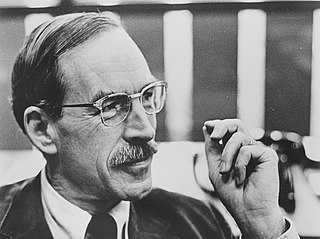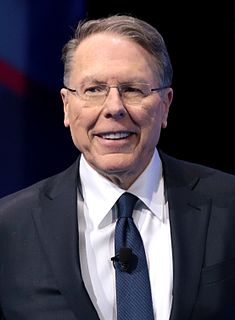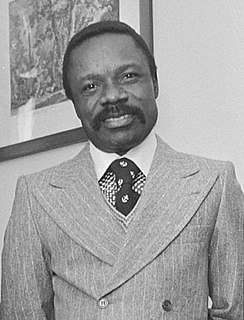A Quote by Lawrence M. Krauss
The rise of a ubiquitous Internet, along with 24-hour news channels has, in some sense, had the opposite effect from what many might have hoped such free and open access to information would have had. It has instead provided free and open access, without the traditional media filters, to a barrage of disinformation.
Related Quotes
The Library is an open sanctuary. It is devoted to individual intellectual inquiry and contemplation. Its function is to provide free access to ideas and information. It is a haven of privacy, a source of both cultural and intellectual sustenance for the individual reader. Since it is thus committed to free and open inquiry on a personal basis, the Library must remain open, with access to it always guaranteed.
A democracy survives when its citizens have access to trustworthy and impartial sources of information, when it can discern lies from truth. Take this away and a democracy dies. The fusion of news and entertainment, the rise of a class of celebrity journalists on television who define reporting by their access to the famous and the powerful, the retreat by many readers into the ideological ghettos of the Internet and the ruthless drive by corporations to destroy the traditional news business are leaving us deaf, dumb and blind.
For Americans, with the advent of the U.S. invention of the Internet, free speech is not just open dissemination of ideas and information. It includes limitless instant access to those ideas and the ability to choose and search from among virtually unlimited sources. It is also the backbone of free enterprise and a vibrant global economy.
Thinking about free speech brought me to media regulation, as Americans access so much of their political and cultural speech through mass media. That led me to work on the FCC's media ownership rules beginning in 2005 to fight media consolidation, working with those at Georgetown's IPR, Media Access Project, Free Press, and others.
We have to ensure free and open exchange of information. That starts with an open internet. I will take a backseat to no one in my commitment to network neutrality. Because once providers start to privilege some applications or websites over others then the smaller voices get squeezed out and we all lose. The internet is perhaps the most open network in history, and we have to keep it that way.
When I was 14, I spent a huge amount of time on the Internet, but not the Internet we know today. It was 1994, so while the World Wide Web existed, it wasn't generally accessible. Prodigy and CompuServe were popular, and AOL was on the rise, but I didn't have access to the web, and no one I knew had access to the web.





































